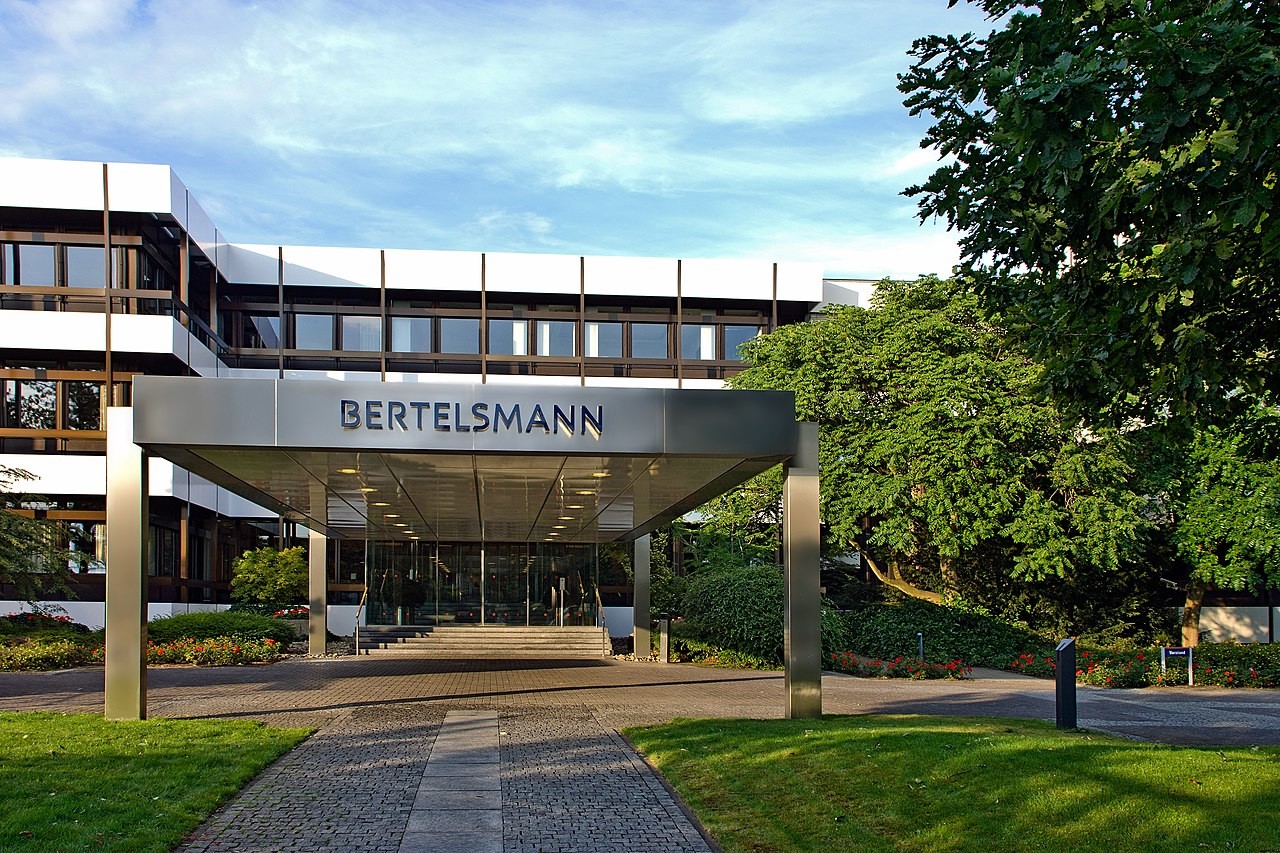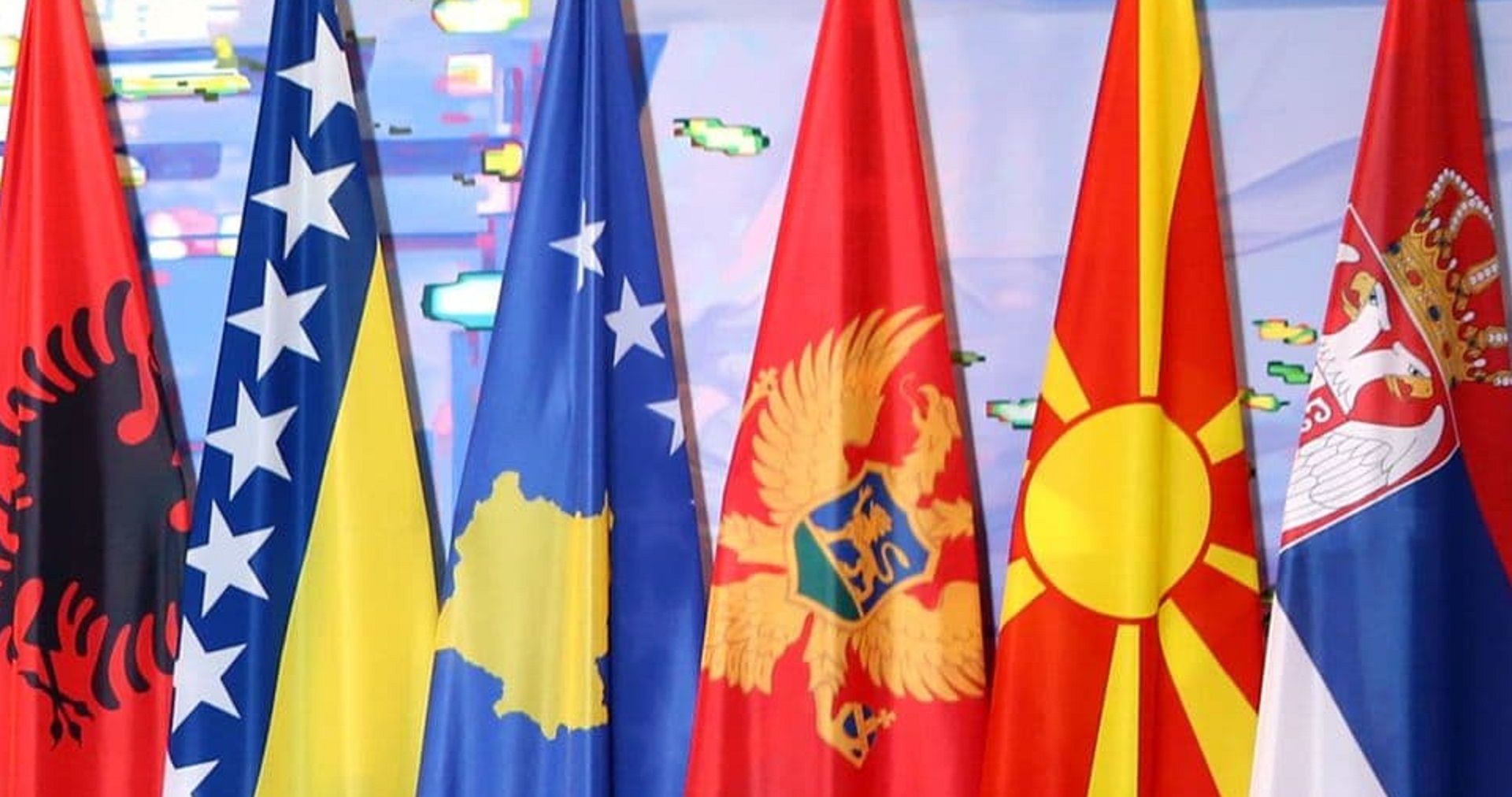Pressing the media and gradually undermining the judiciary: As a rule, these are the qualities of autocratic societies. But declared democracies are slowly but surely suffering from increasing pressure on elements of democratic societies. This is the conclusion of this year’s Bertelsman Foundation’s Transformation (TI) Index, which tracks the development of democracy, market economy and the rule of law in transition countries.
Defective democracies
Examples of drastic reductions in the index include Brazil, India and Hungary. But the decline in support for classical democracy is also noticeable in the countries of the European Southeast. Most of the countries in the region, recently referred to as the Western Balkans, have been categorized as “defective” and “grossly defective” democracies in the Eastern and Southeastern Europe TI report. Only Bosnia and Herzegovina is in this last category.
Sabine Doner, one of the author’s reports on East and Southeast Europe in an interview with DW, said that the reasons for the decline in the index in Bosnia and Herzegovina are hidden in the very structure of the country. There are some other reasons, though.

Existing frameworks with the system as it is now in BiH are extremely difficult. We see a deterioration here over the last two years due to increasing tensions at the ethno-national level, which makes decision-making difficult. This is difficult because of the system itself, and now it is even more painful. Fragmentation is further deepened, but it is part of the system anyway. Under these conditions, it is difficult to make BiH a governable country. The challenges are enormous and, above all, of a structural nature – Doner says.
The Bertelsman Foundation document singles out BiH as a country whose existence is in jeopardy because it is constantly “on the brink of disintegration.” BiH is at the bottom of the evaluation both in terms of economic transformation (limited) and the rule of law (weak).
The biggest loser – Serbia
But the biggest loser compared to the last survey two years ago is Serbia. – In Serbia, we notice increasing pressure on the media and freedom of opinion, increasing pressure on the separation of powers. Here we have an executive which is almost completely dominated by legislative processes. But we still cannot define Serbia as an autocracy but as a defective democracy – says Doner.
The report also discusses how the president “has on several occasions” influenced decision-making and thus “undermined the state-legal order and the system of separation of powers.”
Serbia has also seen a significant decline in the economic transformation sector. – The particular problem of Serbia is the dominance of state-owned enterprises in terms of infrastructure (railway and energy network) and their inefficiency, which is encouraged by the fact that many of these enterprises enjoy a privileged position on the market or even monopolistic status. Their poor performance often leads to dependence on state aid, which again results in Serbia being second in Europe in terms of state subsidies – according to an analysis by the Bertelsman Foundation.
The judiciary is losing the fight against corruption
In all Southeast European countries, corruption is still a constant and one of the biggest opponents to the development of democracy.
For Croatia, the example of the weakness of the judiciary in the fight against corruption is the example of Zagreb Mayor Milan Bandic, who was exposed to “ongoing allegations of corruption and abuse of office and was once arrested but acquitted each time.” It is stated, not by chance, that the Mayor of Zagreb in 2017 was “elected for the last time”. Sabine Donner does this research on such a candidate about
– I think it’s about polarization. By logic: I would prefer ‘ours’ though it is worse than ‘theirs’. In this polarization, voters, regardless of how bad the candidate is or are crippled by corruption, are choosing their ‘side’ candidate, “says Doner. Croatia is also referred to in the report as a country with” excessive litigation “against journalists.
The region also sees an increasing tension between Serbia, Bosnia and Herzegovina and Croatia. And while all countries in the region that are not members of the European Union strive to join this community, regional cooperation – the strengthening of which is one of Brussels’ basic requirements – is diminishing.
Doner also mentions Hungary as a dangerous example to countries in the region that EU membership is no guarantee of maintaining democratic standards and sees Hungary as a kind of “anti-advertisement” for further efforts to join the EU.
– The member states see that what is required of them – respect for fundamental rights, democracy, freedom of the media, the rule of law – does not work in Hungary at all – Doner concludes.
Pobjeda/ Balkantimes.press
Napomena o autorskim pravima: Dozvoljeno preuzimanje sadržaja isključivo uz navođenje linka prema stranici našeg portala sa koje je sadržaj preuzet. Stavovi izraženi u ovom tekstu autorovi su i ne odražavaju nužno uredničku politiku The Balkantimes Press.
Copyright Notice: It is allowed to download the content only by providing a link to the page of our portal from which the content was downloaded. The views expressed in this text are those of the authors and do not necessarily reflect the editorial policies of The Balkantimes Press.

